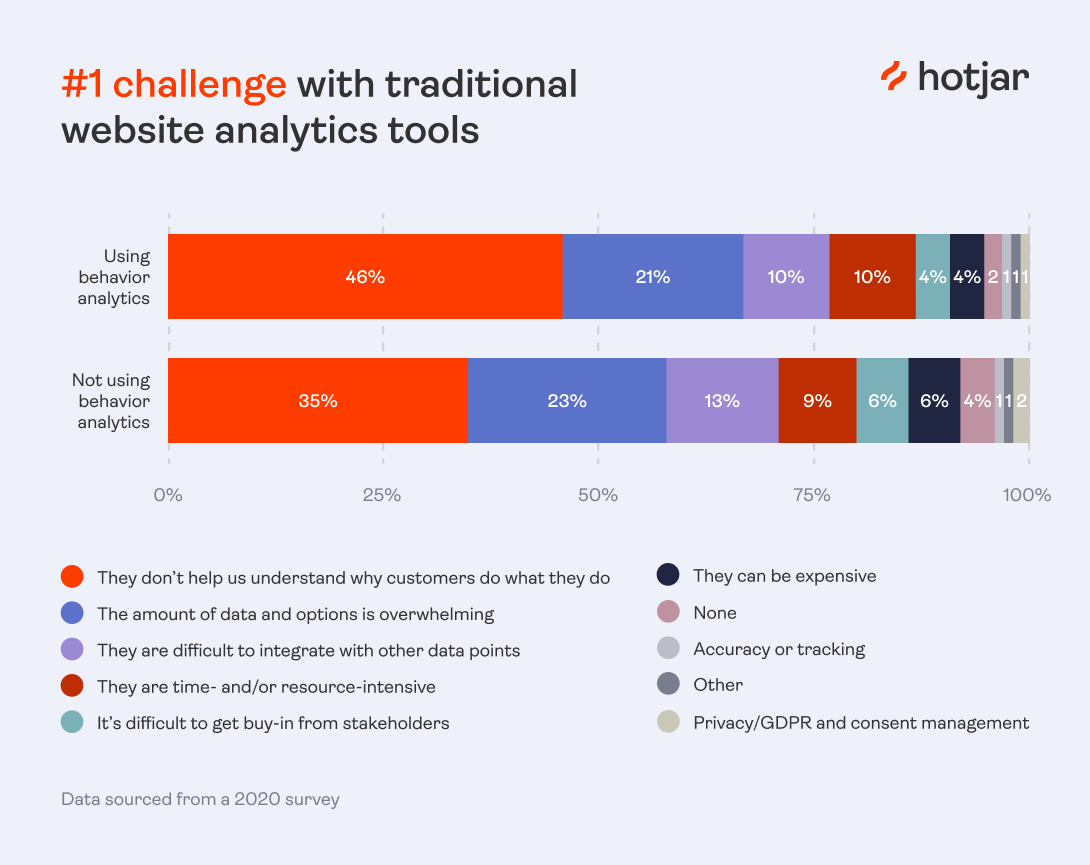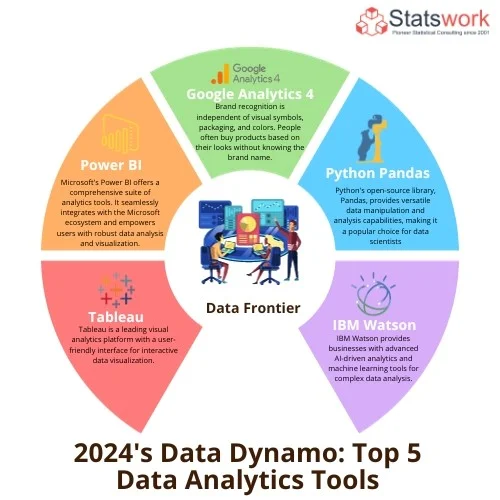Simplify Your Data Management with Integrated Analytics Devices
Simplify Your Data Management with Integrated Analytics Devices
Blog Article
Maximize Development: Exactly How Analytics Drive Better Techniques
In today's data-driven landscape, companies increasingly identify the essential role of analytics fit efficient growth strategies. By using information insights, services can fine-tune their operational techniques, anticipate market adjustments, and boost client engagement. Nonetheless, the difficulty exists not just in gathering information but in properly interpreting it to drive concrete outcomes. As we discover the crucial advantages and techniques related to analytics, an important question emerges: just how can organizations guarantee they are leveraging these understandings to unlock their full possibility? The solution might redefine the future of tactical preparation.
Recognizing Data Analytics
Information analytics is a systematic computational analysis of data that allows organizations to discover purposeful patterns and understandings. This procedure incorporates a selection of techniques, including statistical analysis, predictive modeling, and information mining, which collectively aim to transform raw information right into actionable information - Analytics. By utilizing these methods, organizations can make educated decisions that are rooted in empirical evidence instead of intuition alone
The foundation of data analytics hinges on its ability to handle vast quantities of details from diverse resources. This consists of structured data, such as databases, and disorganized information, consisting of social media sites communications and client comments. With the use of specialized software application and devices, experts can draw out and refine this data successfully, identifying fads and connections that may not be quickly obvious.
Comprehending information analytics additionally includes acknowledging the significance of data quality and honesty. Trustworthy and precise data is crucial for purposeful analysis; thus, companies need to execute robust data administration methods. Additionally, the repetitive nature of analytics permits continuous improvement and enhancement of strategies, making certain that organizations remain agile when faced with changing market characteristics and consumer habits.
Secret Advantages of Analytics

One of the key advantages of analytics is its capacity to supply workable understandings. Organizations can quickly examine huge quantities of information, revealing patterns that might not be quickly noticeable.
An additional considerable advantage is improved customer understanding. Analytics tools enable organizations to sector their target market, track consumer behavior, and personalize advertising and marketing initiatives. This targeted technique not only improves consumer interaction but also drives greater conversion prices.

Implementing Analytics Approaches
To totally understand the advantages of analytics, companies need to take on organized techniques for execution. This begins with clearly specifying objectives that line up with broader service objectives. By establishing certain, quantifiable results, organizations can concentrate their analytics efforts on areas that produce the highest return on financial investment.
Following, companies should prioritize data governance to ensure the honesty and safety and security of the information being assessed. This involves establishing up methods for information collection, storage, and gain access to while sticking to appropriate policies. Guaranteeing top quality information is important for creating meaningful insights.
Moreover, cultivating a society of data-driven decision-making is essential. This requires training workers to translate analytics findings and motivating cooperation across divisions. When groups understand the worth of analytics, they are most likely to integrate understandings into their everyday procedures.
Lastly, organizations should on a regular basis review and improve their analytics strategies. The landscape of information and modern technology is consistently advancing, and staying adaptable will allow companies to take advantage of new tools and approaches effectively. By implementing these organized strategies, organizations can make best use of the impact of their analytics efforts and drive sustainable growth.
Tools for Reliable Analysis
Effective evaluation counts on a range of tools that facilitate the removal of insights from information - Analytics. These tools can range from straightforward spread sheet applications to sophisticated equipment discovering systems, each offering a distinct purpose in the logical process
Data visualization software application, such as Tableau and Power BI, plays an essential role in transforming complex datasets right into understandable graphical depictions. These devices make it possible for analysts to identify patterns and patterns quickly, enabling even more informed decision-making.
Analytical evaluation software program, like R and SAS, provides sophisticated abilities for carrying out comprehensive evaluations, including regression, theory screening, and anticipating modeling - Analytics. These features equip companies to attract significant verdicts from their data, determining prospective possibilities and risks
Furthermore, data source monitoring click now systems such as SQL and NoSQL data sources provide the required facilities for keeping and quizing huge volumes of data efficiently. They ensure that information is organized and available for analysis.
Finally, service knowledge systems integrate different data sources, supplying a comprehensive view of organizational performance. By using these tools efficiently, companies can enhance their analytical capabilities, enabling them to develop strategies more helpful hints that take full advantage of growth and boost total performance.
Instance Research Studies of Success
Effective organizations usually leverage information analytics to drive impactful techniques, as shown by a number of notable situation research studies. By employing these understandings, Netflix has effectively tailored its material recommendations, resulting in raised customer engagement and why not find out more subscriber retention.

Additionally, Starbucks employs data analytics to determine optimum store locations and improve its item offerings. By examining customer demographics and acquiring patterns, Starbucks successfully identifies high-potential markets and customizes its food selection to regional preferences, driving sales and customer loyalty.
These situation research studies show that reliable use of information analytics can bring about calculated advantages, promoting innovation and growth within companies throughout numerous sectors.
Final Thought
In verdict, the integration of analytics right into business approaches substantially improves decision-making procedures and fosters sustainable development. By leveraging data-driven understandings, organizations can recognize patterns, expect market shifts, and enhance operations. The effective execution of analytics devices additionally supports agility and innovation, making it possible for companies to navigate competitive landscapes with better accuracy. Eventually, a commitment to analytics not only drives prompt efficiency improvements yet likewise protects long-term success in an ever-evolving industry.
Data analytics is a methodical computational analysis of data that enables organizations to discover significant patterns and insights.Comprehending data analytics likewise includes identifying the importance of information top quality and integrity. Reputable and exact data is critical for significant evaluation; thus, companies have to execute durable data administration practices.Next, companies need to prioritize information governance to guarantee the honesty and safety and security of the information being evaluated.Effective organizations commonly leverage data analytics to drive impactful methods, as shown by a number of remarkable case studies.
Report this page